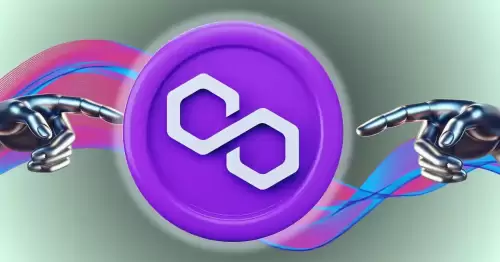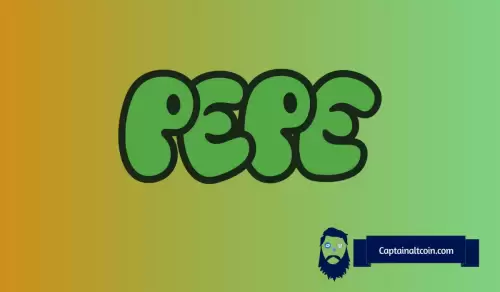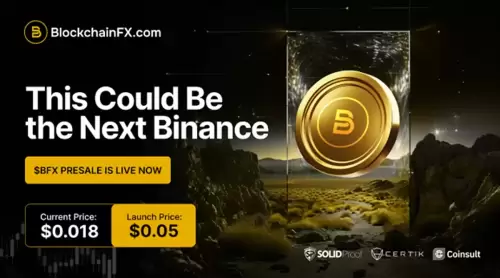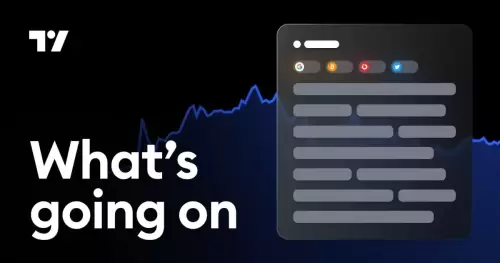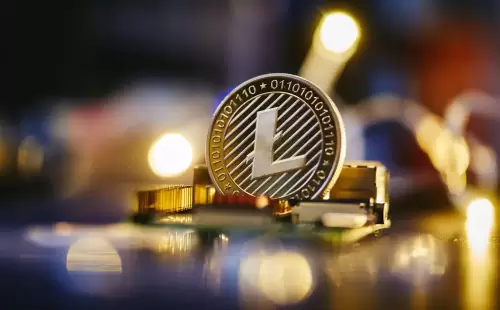 |
|
 |
|
 |
|
 |
|
 |
|
 |
|
 |
|
 |
|
 |
|
 |
|
 |
|
 |
|
 |
|
 |
|
 |
|

Artificial intelligence (AI) is rapidly advancing, blurring the lines between real and synthetic online interaction. As a result, there is an urgent need for a secure and verifiable way to distinguish humans from AI bots.
World, a crypto project aiming to create a global identity standard, is hoping to fill this void. The project uses biometric scans of individuals’ irises to create unique, anonymized IDs that grant access to World’s crypto ecosystem and its Worldcoin token.
However, the technology has met with skepticism and privacy concerns in multiple countries.
Spain’s data protection agency blocked World’s operations last year over concerns about the collection of minors’ data. Similar regulatory scrutiny followed in France, South Korea, Hong Kong, Portugal, and others. However, the group claims all biometric data remains anonymous.
World’s US entry comes on the heels of Trump’s pledge to make America “the crypto capital of the planet.” That pivot in policy has opened the door for Altman and his venture to reposition the US at the centre of its operations after previously lamenting a climate of regulation that made domestic expansion untenable.
“There were very good reasons why we focused on making sure that the product worked in the entire world before coming to the United States,” said Adrian Ludwig, chief architect at Tools for Humanity, the company behind World. Among those reasons were significant regulatory risks.
World has raised around $200 million in funding from major venture firms including Andreessen Horowitz, Khosla Ventures, and LinkedIn co-founder Reid Hoffman.
World is now partnering with dating app giant Match Group to verify users on platforms such as Tinder, a move the company says could enhance safety and reduce online scams. Ludwig also said the technology could be integrated into social networks, including potentially OpenAI’s rumoured platform—or even rival services like Elon Musk’s X or Meta.
The company is exploring smaller, handheld versions of its orbs and plans to eventually integrate its identity system into everyday devices like webcams or smartphones.
Despite facing criticism over privacy, Ludwig emphasized that the platform’s long-term viability would be shaped by its utility and revenue model.
“In 18 months or so we will begin to see the costs of operating the network begin to be offset by the fees that are generated by the network,” he said.
World is currently unprofitable, but Altman and his team are betting that as AI deepens online deception, the need for verified digital identity will only grow.
免責聲明:info@kdj.com
所提供的資訊並非交易建議。 kDJ.com對任何基於本文提供的資訊進行的投資不承擔任何責任。加密貨幣波動性較大,建議您充分研究後謹慎投資!
如果您認為本網站使用的內容侵犯了您的版權,請立即聯絡我們(info@kdj.com),我們將及時刪除。
-

-

-

- Pepe Price降低趨勢:專家警告信號還會有更多下降嗎?
- 2025-08-05 20:00:00
- 佩佩正面臨銷售壓力。專家警告說,潛在的持續更正的潛在延續。進一步的下降趨勢是不可避免的嗎?
-

- Coinbase的下一個劇本:回購,比特幣和大膽的收購
- 2025-08-05 19:56:35
- Coinbase正在採取行動!從潛在的比特幣購買到戰略收購,請參閱他們如何導航加密貨幣景觀和關注增長。
-

-

-

-

-

- Shiba Inu的排名:加密貨幣發生了什麼?
- 2025-08-05 18:00:00
- 隨著內部問題和市場動態影響其在加密貨幣景觀中的地位,什葉邦(Shiba INU)(SHIB)面臨排名的挑戰。























































